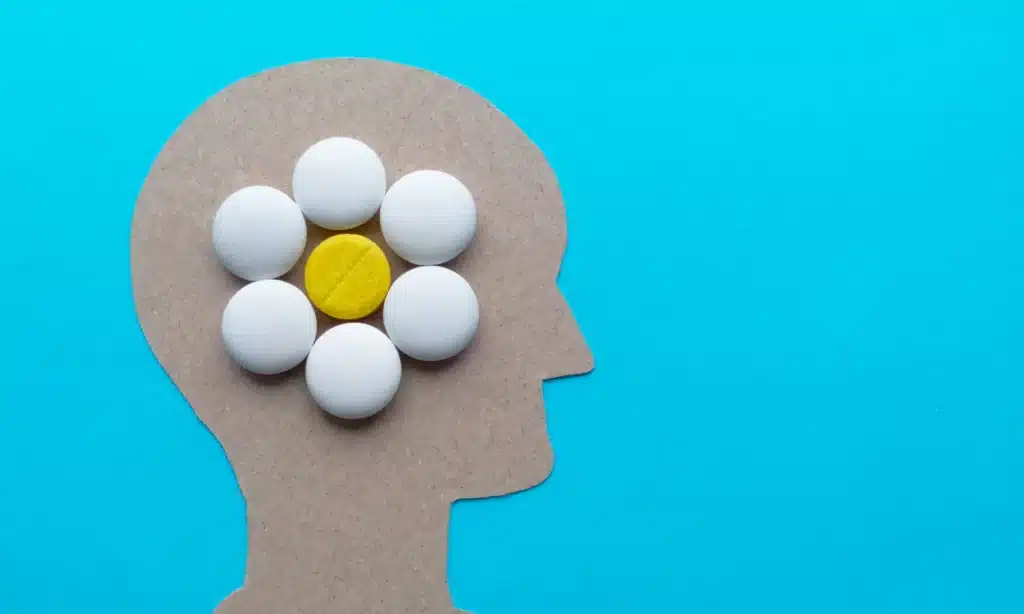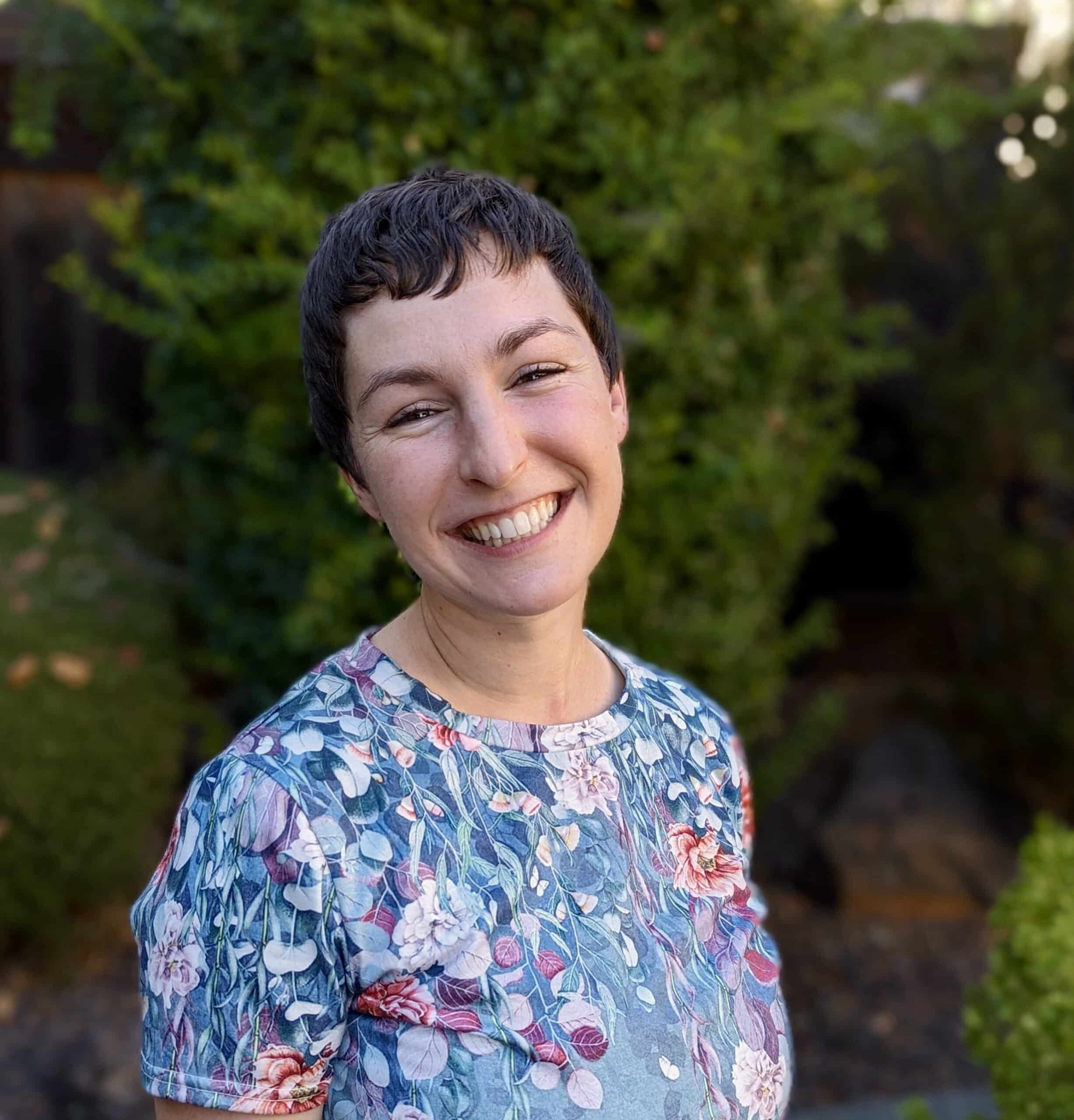
Updated May 2024 By: Sara Sorenson, LCMHC
Updated Resources, Data, Statistics, and Treatment Approaches
Research has shown that drugs cause short term effects such as feelings of euphoria, as well as long-term consequences like addiction. While different drugs have their own set of unique effects on the brain, there are some universal commonalities they share. A number of factors can drive drug use such as underlying mental health problems, trauma, relationship issues or pressure in school or the workplace.
The brain works like a computer— storing and processing millions of connections that relay information to the rest of the body. From our breathing to decision making, the brain is one of the most influential organs. Drugs change the fundamental way brains process this information by impacting neural connections and neurotransmitters.
Some drugs mimic natural chemical processes of the brain, such as cannabis or heroin. Other drugs, like amphetamines, release large amounts of neurotransmitters such as dopamine.
Regardless of the drug, these unnatural processes can cause abnormal communication between the connections in the brain. This leads to both short-term and long term-effects to health.
Short Term Effects
One of the most common short term effects of drugs and why many people experiment is to provide a sense of euphoria, cope with pain or increase mental performance. Drugs cause a surge of natural “feel good chemicals”, bringing immense feelings of artificial pleasure.
When a person uses drugs, these enter the brain and bloodstream causing chemical and physiological changes. It provides a sense of pleasure, but often only the first few times. Unfortunately this process “hijacks” the brain, builds tolerance and is responsible for addiction.
Although different classes of drugs have unique characteristics, some universal short-term effects may include:
- Heightened euphoria
- Immense pleasure
- Release of endorphins (eases pain)
- Relaxation or increase in energy
- Heightened senses or change in consciousness
Long Term Effects
Depending on the class of drug, there are a variety of long-term effects drugs can have on the brain. One thing almost all of them have in common is that they increase your tolerance the more you use them, leading to addiction. Some long-term effects of addiction may include:
- Impaired cognitive function
- Sudden changes in mood or behavior
- Increased chance of developing physical or mental health disorders
- Financial challenges
- Conflicts in relationships
Opioids
Opioids are a class of drugs that bind to mu-opioid receptors in the brain, releasing endorphins and blocking pain. Opioid based drugs include heroin, fentanyl and many prescription medications such as morphine, vicodin, and percocet. Opioids are one of the most lethal classes of drugs with the highest rates of overdose.
Long-term use of opioids can affect the brainstem that controls basic functions for survival such as heart rate and breathing. Long-term effects of opioid abuse can include:
- Addiction
- Mental confusion
- Liver or kidney disease
- Memory loss
- Certain infections such as HIV or hepatitis (specifically in heroin users that share needles)
- Tooth decay
- Skin picking
- Decrease in motor skills
- Overdose or death
Opioid addicts are particularly at a higher risk for overdose, especially with the growing problem of fentanyl found in heroin off the street. An overdose of opioids causes hypoxia, cutting off oxygen to the brain and rest of the body.
Alcohol
Many people drink alcohol for its ability to cause an increase in positive mood, sociability or to relax. Some short-term effects from alcohol may include memory lapses or slow reaction times. Although this drug is more socially acceptable than others discussed, alcohol abuse over time can lead to a number of long-term effects including:
- Addiction
- Poor nutrition, vitamin B1 deficiency
- Severe memory loss
- Anger, irritability or change in mood
- Decreased muscle coordination
- Seizures, stroke or heart attack
- Fetal alcohol syndrome (in pregnant women)
Stimulants
Stimulants are a class of drugs that increase activity in the brain. They range from caffeine, prescription medication to cocaine. These are often taken to boost mental performance, perhaps in school or the workplace.
While short-term effects of stimulants may provide the feeling of improved cognitive function, better memory and quicker reaction time—research has shown long-term effects can actually have the opposite effect and decrease brain plasticity.
Illicit stimulants such as cocaine and meth release large amounts of dopamine and can cause adverse effects to the brain’s reward center. During periods where the drugs are not being used, users may develop depressive symptoms, this is why they are so addictive. Chronic abusers of stimulants may have long-term effects such as:
- Addiction
- Irritability, changes in mood
- Depression and anxiety (during periods of withdrawal)
- Increased risk of heart attack
- Problems with executive functioning
- Decrease in brain plasticity
- Symptoms of psychosis (more prominent in users of methamphetamine)
One study found that long-time users of cocaine had atrophy to areas of the brain, specifically the basal ganglia which plays a major role in motivation, mood and reward processing.
Marijuana
Although marijuana is believed to be relatively harmless, it may have more effects than once thought. This is particularly the case with new recreational marijuana strains containing extremely high rates of tetrahydrocannabinol (THC).
Emerging research has found that smoking marijuana with high rates of THC may shrink or damage the corpus callosum. This part of the brain transfers information between the two hemispheres of the brain to support motor, sensory and cognitive functions.
In developing brains, the risk of marijuana increases. Frequent use of marijuana among youth may impair memory, focus, and motivation.
For some with underlying mental health conditions, marijuana use can increase the risk of schizophrenia or chronic psychiatric disorders. Long-term effects of marijuana use may include:
- Decrease in motivation and reward processing
- Impaired cognitive functioning
- Psychological dependence
- Changes in appetite or sleep
- Risk of developing psychiatric problems
Hallucinogens
Hallucinogens, better known as psychedelics, bind to serotonin receptors of the brain. People often take these to change their consciousness or heighten the senses.
There is still much to learn about this class of drugs, but chronic abuse of hallucinogens like LSD, magic mushrooms or DMT have long-term effects on the brain including:
- Impaired cognitive function
- Lapse in memory
- Paranoia
- Trouble organizing thoughts
- Hallucinogen persisting perception disorder (HPPD) which can cause flashbacks or visual disturbances
This is not an exhaustive list of all drugs and their effects, but they are some of the most common. Each user may experience a variety of short-term and long-term effects differently.
Affected Areas
Although drug use can affect the entire body, the two primary systems affected are the central nervous system (CNS) and the limbic system of the brain.
Nervous System
When drugs enter the bloodstream they can interfere with the communication between neurons, the basic cells that make up the nervous system. Drugs impact how they send, receive and process signals from neurotransmitters in the brain.
Different types of drugs will have varied interactions with the neurons. Some drugs like cannabis or opioids can bind to neurons and activate them by mimicking the chemical structure of natural neurotransmitters in the body.
Limbic System
The limbic system plays a major role in emotional regulation, mood, and cognition in the brain. Drugs change the way in which the circuits of the limbic system relay neurotransmitters—specifically to the basal ganglia.
The basal ganglia is a complex set of structures in the limbic system of the brain that affects pleasure, motivation and reward processing. Drugs provide a burst of dopamine into this area causing the user to feel the sense of pleasure associated with drug use.
Healing Process of the Brain After Recovery.
While the long-term effects of many of the drugs discussed can be frightening, the brain can recover with time and proper treatment. Recovery from addiction is still an emerging area of research, but with new advancements in neuroscience there is hope.
Knowing the effects of addiction can be the first step in motivating a person to take the steps to quit, however some physical changes in the brain can make it extremely difficult even when the user wants to.
Although there is no cure for addiction, there is hope for recovery with time and treatment. If you or a loved one is struggling with addiction or a substance use disorder, do not be afraid to ask for help. Save a life and get help today.
At Corner Canyon Health Centers, our doors are open to adult clients seeking healing and transformation to put their lives on the path of recovery. We understand the effects of addiction on the brain and body. Our residential treatment centers offer a warm and welcoming home environment paired with exceptional individualized clinical care utilizing the latest in evidence-based treatments for both mental health and addiction issues.
For information on our program contact us today.
Sources
National Institute on Drug Abuse. (2018). Drugs and the Brain.
Brumback T, Castro N, Jacobus J, Tapert S. Effects of Marijuana Use on Brain Structure and Function: Neuroimaging Findings from a Neurodevelopmental Perspective. Int Rev Neurobiol.
Hui X, Cheng X. Cocaine use disorder is associated with widespread surface-based alterations of the basal ganglia. ScienceDirect Journal of Psychiatric Research. Volume 158, February 2023, Pages 95-103




